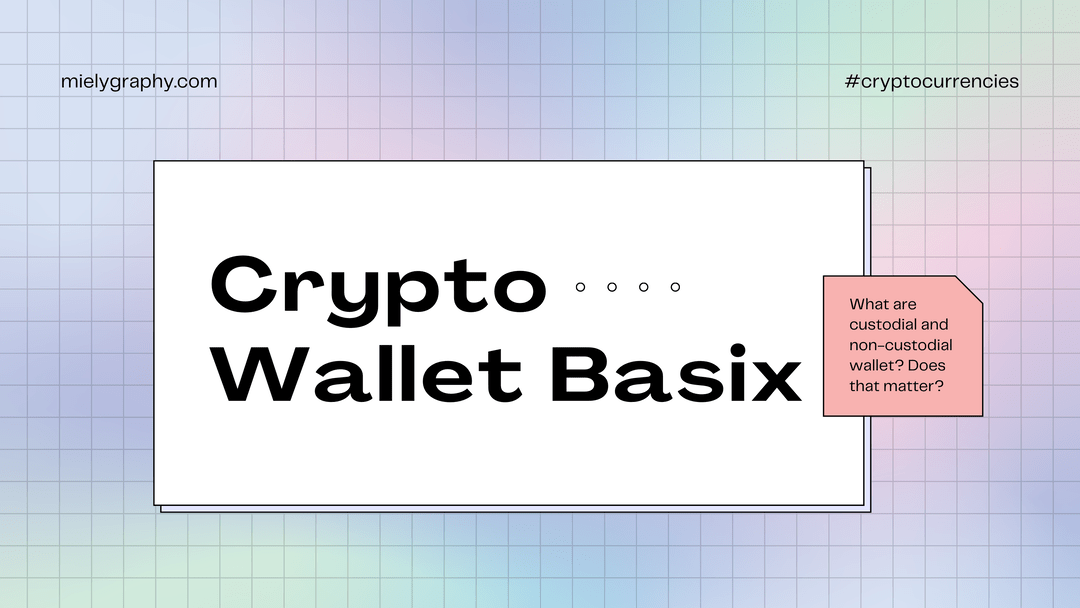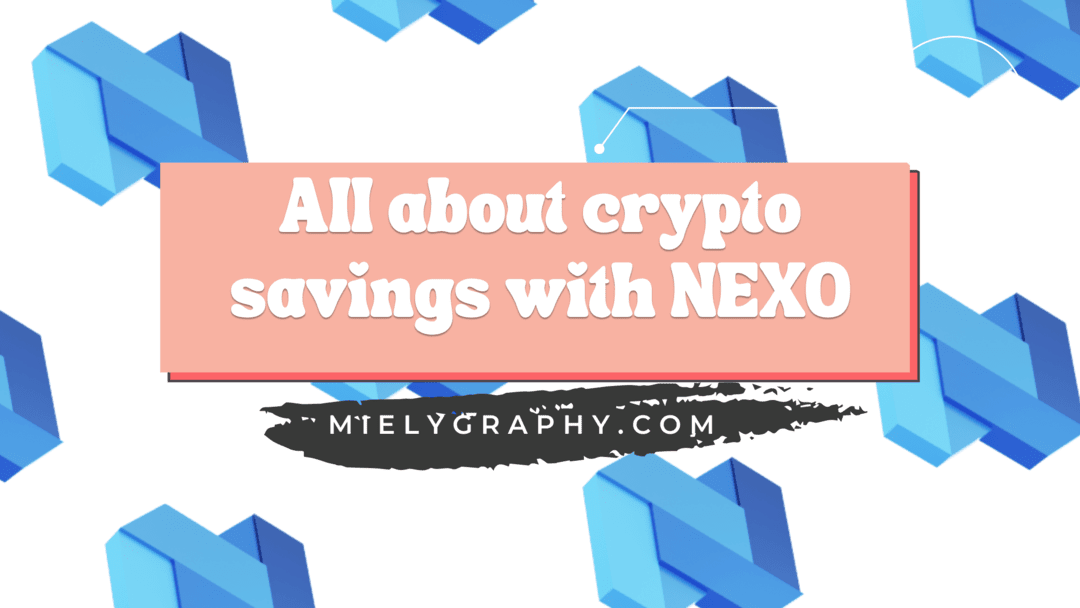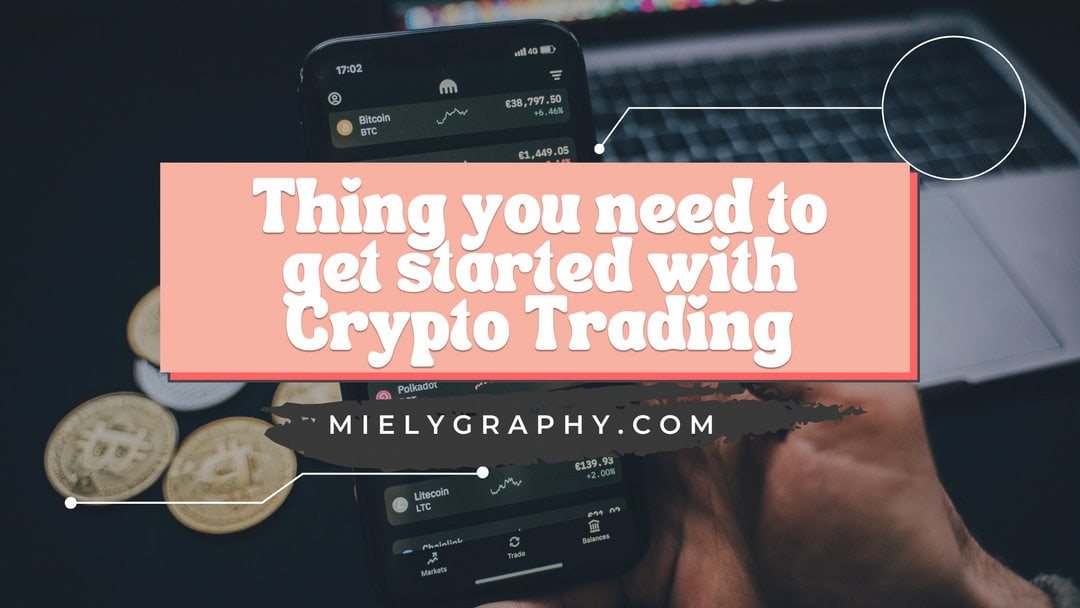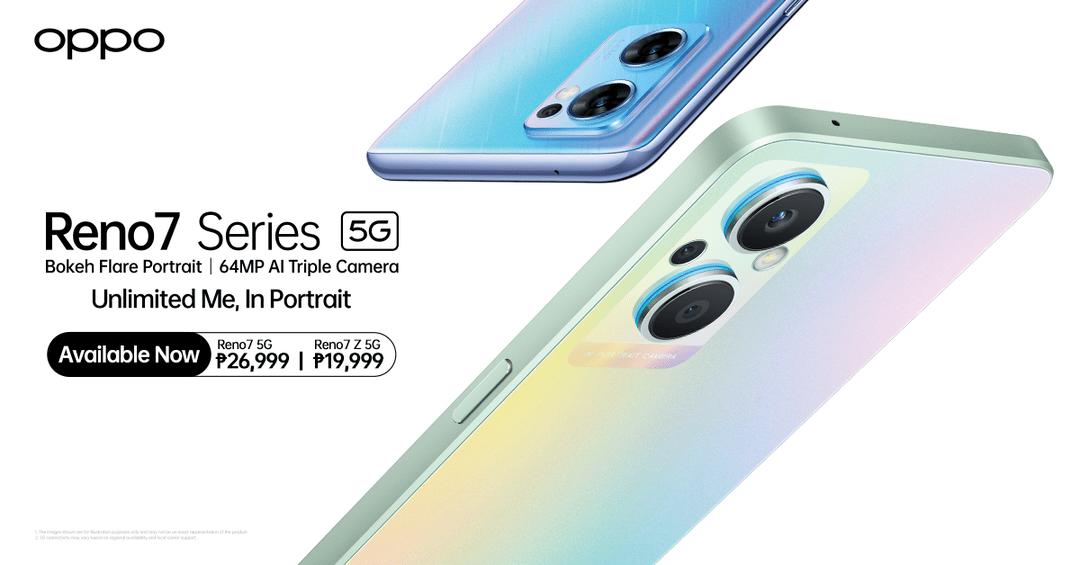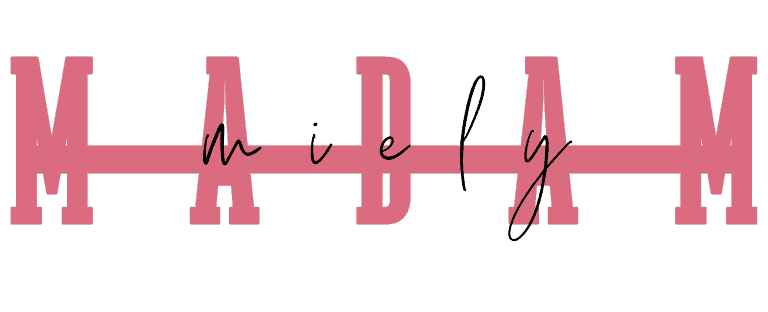I know that there have been articles about Cryptocurrency wallets all over the web and they’ve been discussing differences about it. However, I wanted to share my own input to prepare my audience for my upcoming CrytoVlogs on Youtube.
Since I’m no good at explaining in videos sometimes(or probably most of the time), I decided to make a series called CryptoVlogs on my channel to share experiences about what I’m trying to learn, what I’ve learned, and the outcomes of my actions using the knowledge I acquired through experiences. Because of that, I think it would be nice to answer some of the questions that will arise from beginners as I try to do these vlogs.
One of those questions may revolve around cryptocurrency wallets. There are different types of it but we’ll start by identifying the difference between custodial wallets and non-custodial wallets. It’s very important to know them deeply to avoid losses and the same experience I had in the past.
I have a non-custodial wallet that had some Dogecoin. Dogecoin is getting its popularity right now and we don’t know until when the hype will last. Due to lack of knowledge, I literally missed the chance of enjoying its hype. This lack of knowledge just made me lose access to my 2198 DOGE which by now is supposed to be 65k PHP in value(of course at the time of writing).
I don’t want that to happen with anyone that’s why we’ll cover this topic about cryptocurrency wallets.
What is a custodial/centralized wallet?
Let’s get straight to this, a crypto wallet is basically a storage of your cryptocurrencies. That’s a no-brainer. But what is this custodial wallet?
From the word itself “Custodial”, you’re giving custody of your cryptos to the wallet provider. The wallet provider is the one holding your cryptocurrencies.
Advantages of having custodial wallets:
- They usually make buying and withdrawing of cryptocurrencies much easier for anyone but they usually have higher fees or uses over-the-counter prices when exchanging. They are more accessible to purchasing and selling tokens using your card or bank accounts.
- Because your wallet provider is in custody of your tokens, in case of losing access to your wallet, they may be able to retrieve it for you by authenticating that it’s really you who owns the wallet. To have a custodial wallet, you usually have to undergo a KYC verification process so they would know you are. So in the event of losing access to your wallet they can identify and help you.
- Usually, they don’t do many on-chain transactions to provide faster transactions and fewer fees for their platform users. However, for address to address transactions that are not using the same platform, may be different. It may have increased time frame for transfers because they may need to do an on-chain transaction (which in that case may take longer due to many confirmations needed and can be costly).
Disadvantages of custodial wallets:
- One of the major concerns of custodial wallets is security. A lot of cryptocurrency enthusiasts consider this type of wallet as less secured due to the following reasons:
- You don’t have full access, you don’t get your seed phrases or private keys.
- If you don’t have those keys, if that wallet provider shuts down, you won’t be able to move your funds or wallet access somewhere else.
- Custodial wallet providers are more prone to hackers and phishers(but for legit wallet providers that we tried they always do their best to keep our tokens safe).
- They are usually not eligible for airdrops (free tokens from halving or stuff like that). I’ll site an example later on about that.
- Users may need to undergo KYC which usually takes some time.
Examples of custodial wallets I’ve used
Binance (the Exchange, yes!)
Exchanges like Binance provide you cryptocurrency wallets that are custodial, although Binance also has a Decentralized/Non-Custodial wallet (which we’ll site later on). As mentioned in the prior paragraphs, it requires some KYC to increase limits and it’s really required, they don’t give private keys or seed phrases but they have a support and easy access to buying and selling of cryptos. Their wallets also support many Networks (Ethereum Network, ERC-20, Binance Smart Chain, Bitcoin Network, and almost all kind of sorts).
Beginners Guide to Binance: Cryptocurrency Exchange/Trading Platform
Coins.PH
This wallet is very popular in the Philippines, even those who aren’t into crypto are using it as it offers different services that Filipinos loved. Like bills payment, purchasing load, and easy cash-ins and withdrawals. I have used this platform since 2013, but the last transaction related to cryptocurrencies I made with them was back in 2017 after realizing many things (subscribe to our newsletter as I will reveal those reasons soon on my blog XD).
During the olden day of Bitcoin halving (2016-2017), many wallet providers provided the airdrop of BCH when it has been born after Aug 2017. Not sure if they’ve called it airdrop at that time because honestly, I just learned that term recently. But to explain, all bitcoin holders who had a balance in bitcoin at that time received BCH in the same amount.
Therefore if you hold 1BTC at that time you could’ve received 1BCH too as long as the BTC was held on the account for a specific period. Unfortunately, among all wallets I’ve had, this is the only one that had BTC balance and coins.ph didn’t give us BCH because according to them they won’t support the currency but they have it now.
Coins.ph will try their best to support Bitcoin Cash soon!
That’s basically one of the downsides of custodial wallet, coins.ph might have received that BCH but didn’t distribute it to their users who knows we’re not holding to the keys of it.
Coinbase
This wallet is quite popular with other countries, but not in the Philippines. It’s because of the restrictions they have for purchasing cryptocurrencies using cards or bank accounts. But this one is very accessible in the US. Regarding the Bitcoin fork in 2017, unlike Coins.PH, Coinbase distributed BCH to BTC holders at that time. This wallet though has surprisingly lesser miner/transaction fees than other custodial wallets.
This is one of my earliest wallet. They have other good features which are sadly not available to PH users.
Wirex
I’ve been using this lately but I haven’t reviewed it yet on this blog, soon we’ll have it (So make sure you subscribe). They have more competitive buying rates and lesser miner/transaction fees compared to coins.ph plus it supports more cryptocurrencies. Though it’s not directly supporting PHP, they are accepting cards for buying crypto using SGD which doesn’t have an international card fee unlike with Binance. Based on experience Binance charges my card of 145 PHP for international transactions.
They are also sending VISA card for free but I haven’t tried it, sooooon we’ll do.
There are custodial wallets I’ve used that has closed
As I mentioned on the disadvantages, if the wallet provider shuts down you’ll no longer be able to access your funds unless they allowed you to have it back, some may do it through support request but that didn’t happen to me. Those 2 wallets I’ve had for this part are Xapo and Qoinpro which I’ve mentioned in my older posts.
QoinPro: Review
What is a non-custodial/decentralized crypto wallet?
Well you just have to invert all the things I said about the custodial wallets. It serves the main goal of cryptocurrencies, decentralization. But let’s say you skipped that part. So here we go!
Advantages of a non-custodial wallet
- Your the only one who’s in charge of your wallet. You get your seed phrases/private keys.
- It can be created in just a matter of seconds and you can even create as many as you’d like. There’s No KYC or even registration required.
- You can use different wallet providers with your seed phrase/private keys. For example, you have a hardware wallet you can import your keys to web-based wallet apps or to other decentralized wallets if you need to and vice versa. If a wallet provider decided to stop their service you can move your wallet to a different provider and it will use the same wallet address and all just as long as you have your seed phrase and/or private keys.
- You can also sweep your crypto assets from one wallet to another.
- It can be disconnected from the internet.
- All transactions are done on-chain and this wallet type can be connected on supported network DApps( Decentralized Apps) or DeFi/DEXes( Decentralized Finance/Decentralized Exchanges). Those Decentralized apps are usually connected with Ethereum Network or Binance Smart Chain.
- If you have holdings of different cryptocurrencies in this type of wallet, you are likely to qualify for airdrops.
Disadvantages of non-custodial wallet
- If you’re careless enough like me and likely to lose your seed phrase(sequential 12 to 24 words) or private keys this isn’t the best option for you as you may lose access to your assets if you lose those.
- You need to take full responsibility for it as a whole. In the event of losing access you can’t call anyone to fix it.
- Doing on-chain transactions requires gas/miner/transaction fees and for smaller transactions, it’s not really ideal since each confirmation and transactions in or out still incur fees. Although, receiving funds from someone is free, I’m talking about incoming transactions from DApps.
- They don’t get an attachment with banks and cards so buying currencies from zero is not possible directly. But there are some integration in some wallets that connects you to exchanges like Changelly where you can buy cryptocurrencies that can be sent to your wallet(this type of transaction usually incurs card fees+gas fees).
Examples of non-custodial/decentralized wallets I’ve tried
Binance Chain Wallet
This is the decentralized wallet of Binance which supports Ethereum Network, Binance Chain, and Binance Smart Chain. Of course since this is a Decentralized wallet you can still add custom network but always be careful on that too.
With this wallet, you can manage your assets with freedom and you can also connect your Binance trading account with it. However, even though it’s connected with a Binance account, transferring funds between the exchange and the DEX wallet will still have gas fees.
It just so happen that it is quicker to transfer between the two. All functions of a non-custodial wallet are available on this provider. This is only available as a chrome(or any chrome-based browser like cryptotab and brave) extension but as I have mentioned decentralized wallet can be exported to any other wallet that is available in your desired device, for example on your phone
BTW, you can link hardware wallet (Ledger). Like direct integration.
Metamask Wallet
Very similar to Binance Chain Wallet but the main network that it uses is Ethereum Network. However, you can also set up a custom network like what I’ve done recently to connect my Binance Smart Chain network account. It was necessary for me to do since the DApp that I was trying to access only supports this wallet.
This wallet is quite popular with DApps. It also has hardware wallet support for Trezor and Ledger.
Trust Wallet
This one is only available on your phone. Make sure you’re downloading directly from the Play/App Store for security purposes.
There are some fake apps sometimes pretending to be wallets so they can phish out seed phrases. This app is also related to Binance and they also support Binance Smart Chain. Same functions as any other decentralized wallets but they also support collectibles for storing NFTs (Non-fungible tokens, mostly art).
Buying cryptocurrencies are made easier in this app because of MoonPay integration(Similar to Changelly). AND they have DApps explorer where you can use decentralized apps on your phone. Some other DApps that support this wallet use QR codes when connecting your wallet to a DApps(Decentralized Apps). There’s also Coinbase Wallet (this is different from Coinbase alone), it’s also an app on phones only and has the same feature as Trust Wallet.
Exodus Wallet
This is a PC-based wallet but they have an app that you can use to easily sync it with mobile devices. It is very easy to use and secured. At the same time, they have in-apps that you can use to grow your sitting assets with the help of DeFi.
Block.io
This is my locked wallet, I can log in but I cannot withdraw my Dogecoin since I lost my seed phrase. I have been trying to access that since 2016 during the time that I still know my secret PIN. However, that site magically never accepted my PIN. I was able to withdraw my BTC at that time with that same PIN but then when I was trying to get my Doge and Litecoin it just kept telling me that my PIN is incorrect and the notebook I used to keep my seed phrase got lost in our office back then. Until today my balance is sitting there and impossible to withdraw.
Anyway, it is a web-based wallet. And in the past, they ask for 8 character Secret PIN but now they require 16. LOL. I feel like that change made it forget my Secret PIN but there’s really no support for the non-custodial wallet so always be careful.
Fun fact: Some people engrave their seed phrases to make sure they won't be erased. I am thinking about having a tattoo on my foot who knows what the heck is that... Well, now you know! Don't worry I have nothing ahahaha.
Hardware Wallets
The most secure way to store cryptocurrencies. I don’t own one, maybe it will take a while for me to even own a hardware wallet but this is a non-custodial cold wallet. It’s a physical device that is needed to process transactions. Despite the security, only enthusiasts of cryptocurrencies and those who have a huge set of assets use these. Simply because it’s expensive. You can create free wallets that are non-custodial and you can split up your assets on multiple wallets without spending so why bother. If you have thousands of BTC you probably need one. Hehe.
Wrap-Up
As we’ve discussed in this post both wallets have their own purposes. For beginners, custodial can really be a good option especially if you’re going into trading. But even beginners can use a non-custodial wallet.
As for me, I don’t have huge assets but I’ve been trying to explore the crypto world again and non-custodial or decentralized wallets give me the freedom to do that.
Security-wise, they’re all secured but you have to choose where to give your trust. So far all wallets I’ve mentioned are something I trust.
When it comes to the safety of your assets, you’re still the one who’s responsible for it. Whether it’s custodial or non-custodial, carelessness can always lead to losses so make sure you take care of your own assets.
Within this month I’ll focus on these crypto wallet topics so we’ll also cover few ways to secure your wallets.
click here to send me Ko-fi

